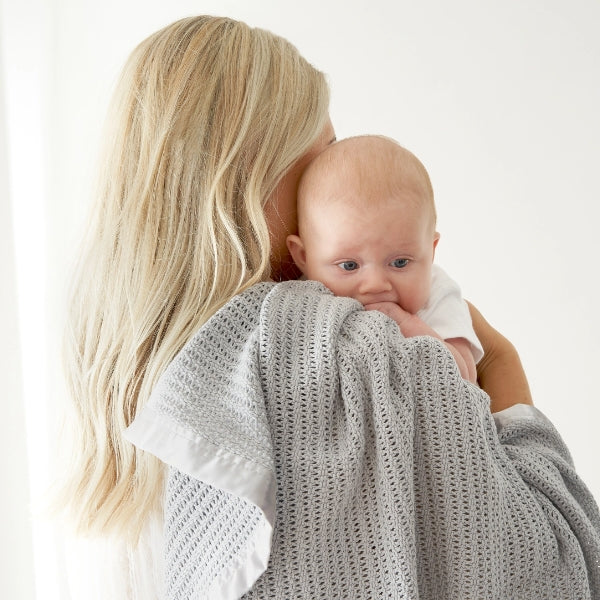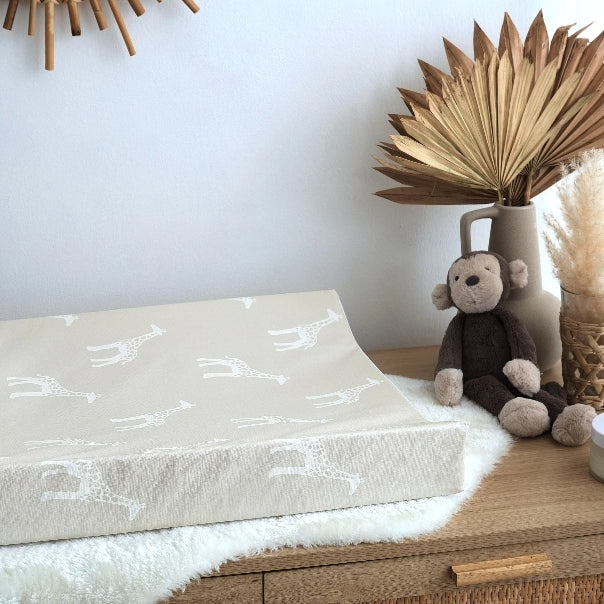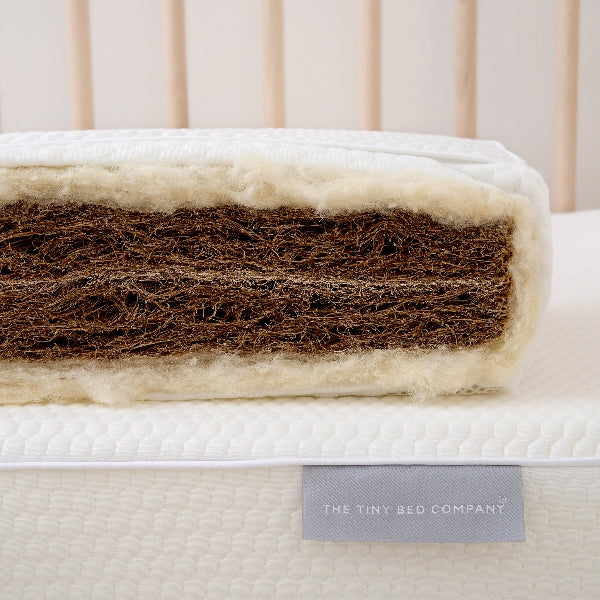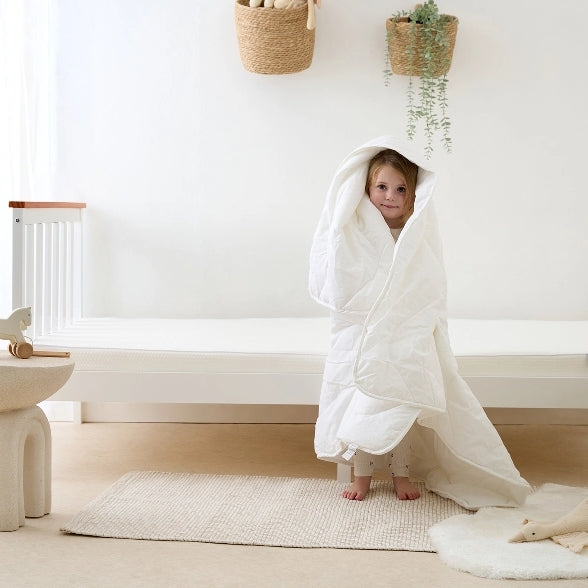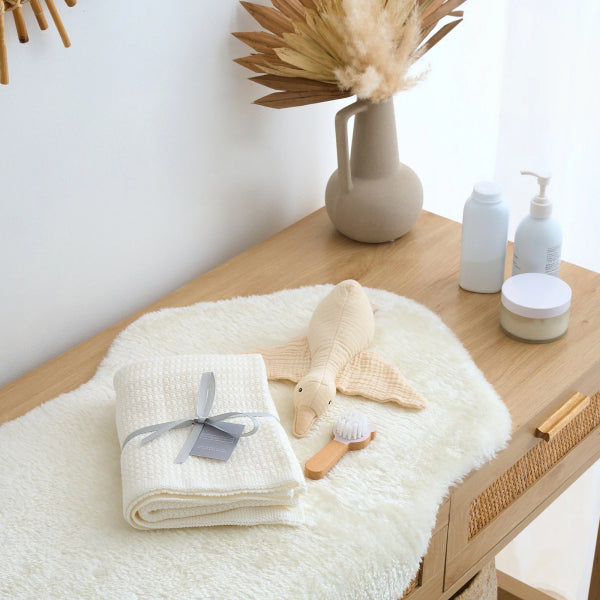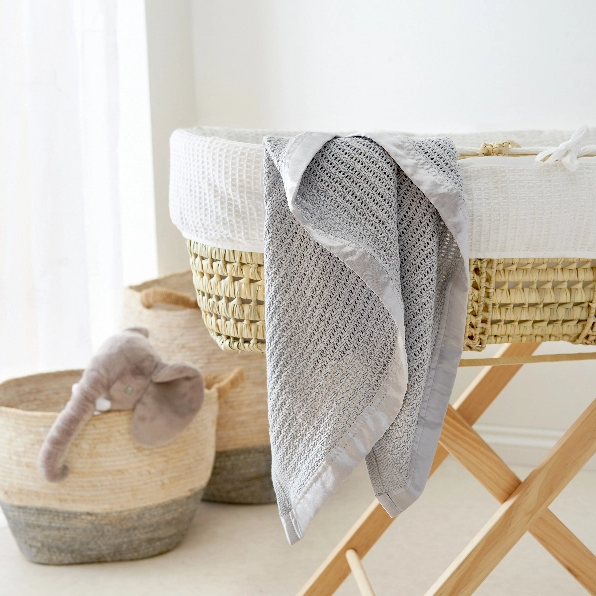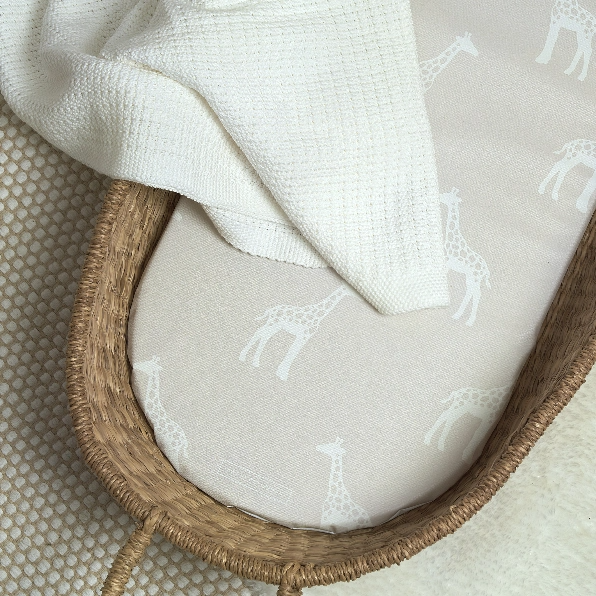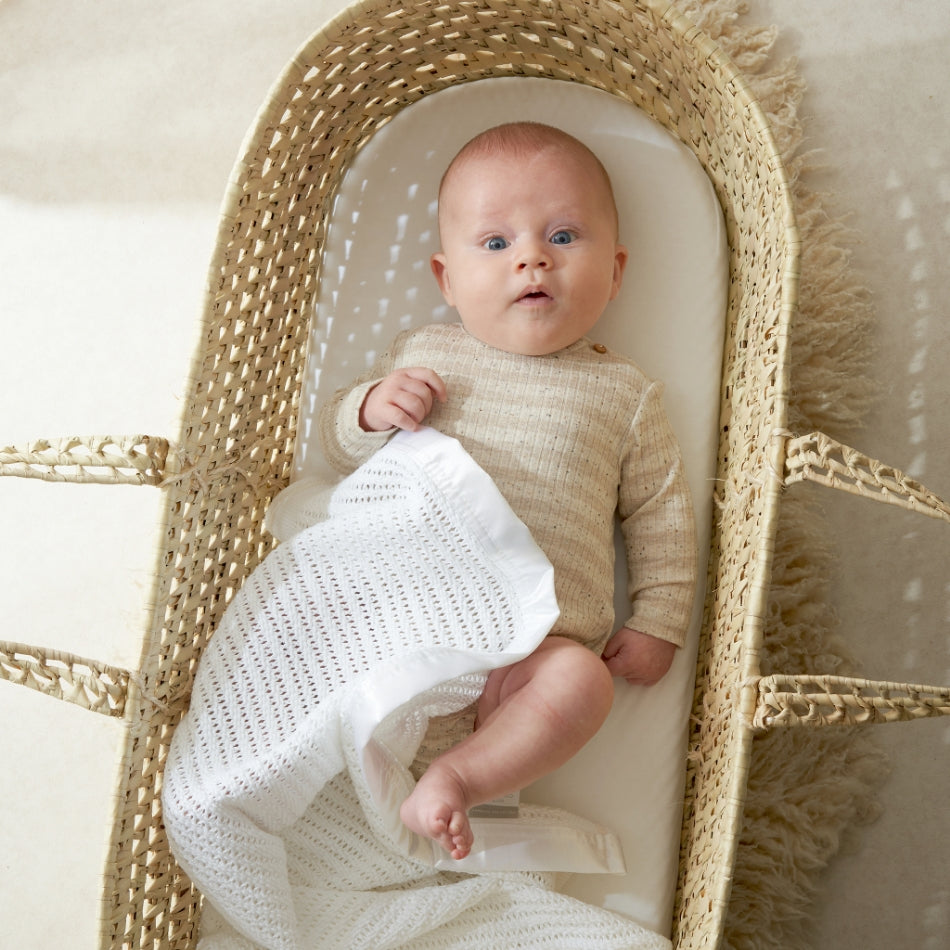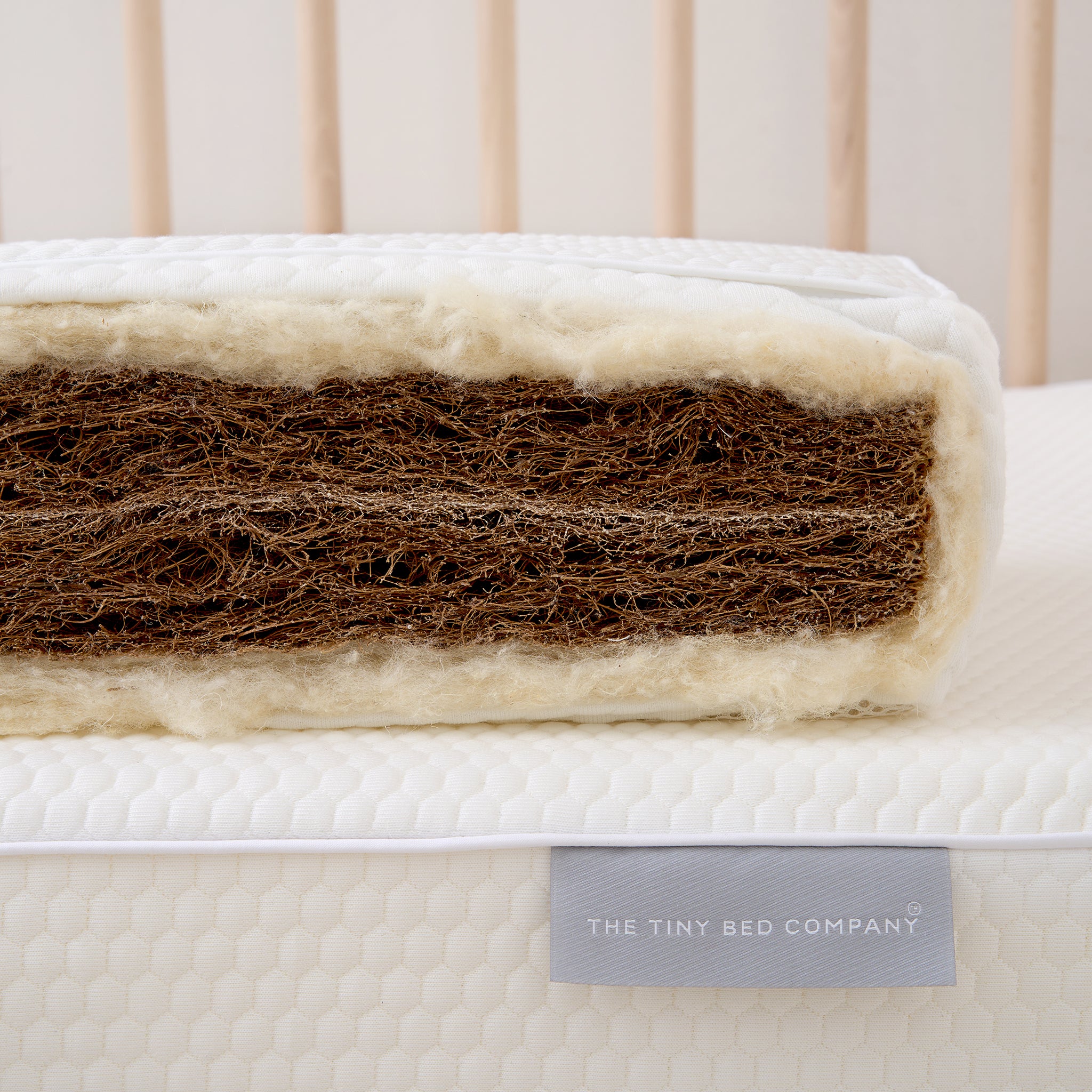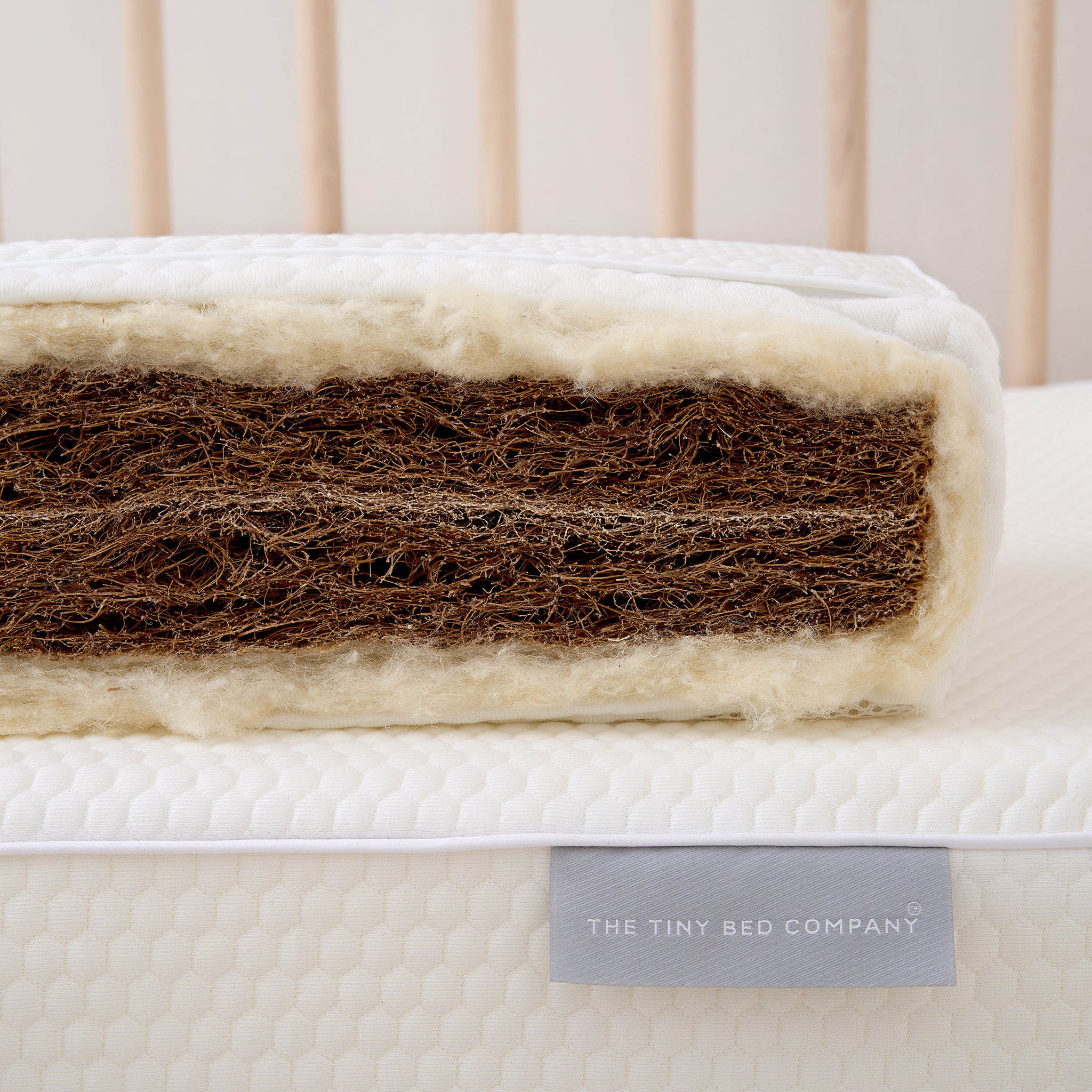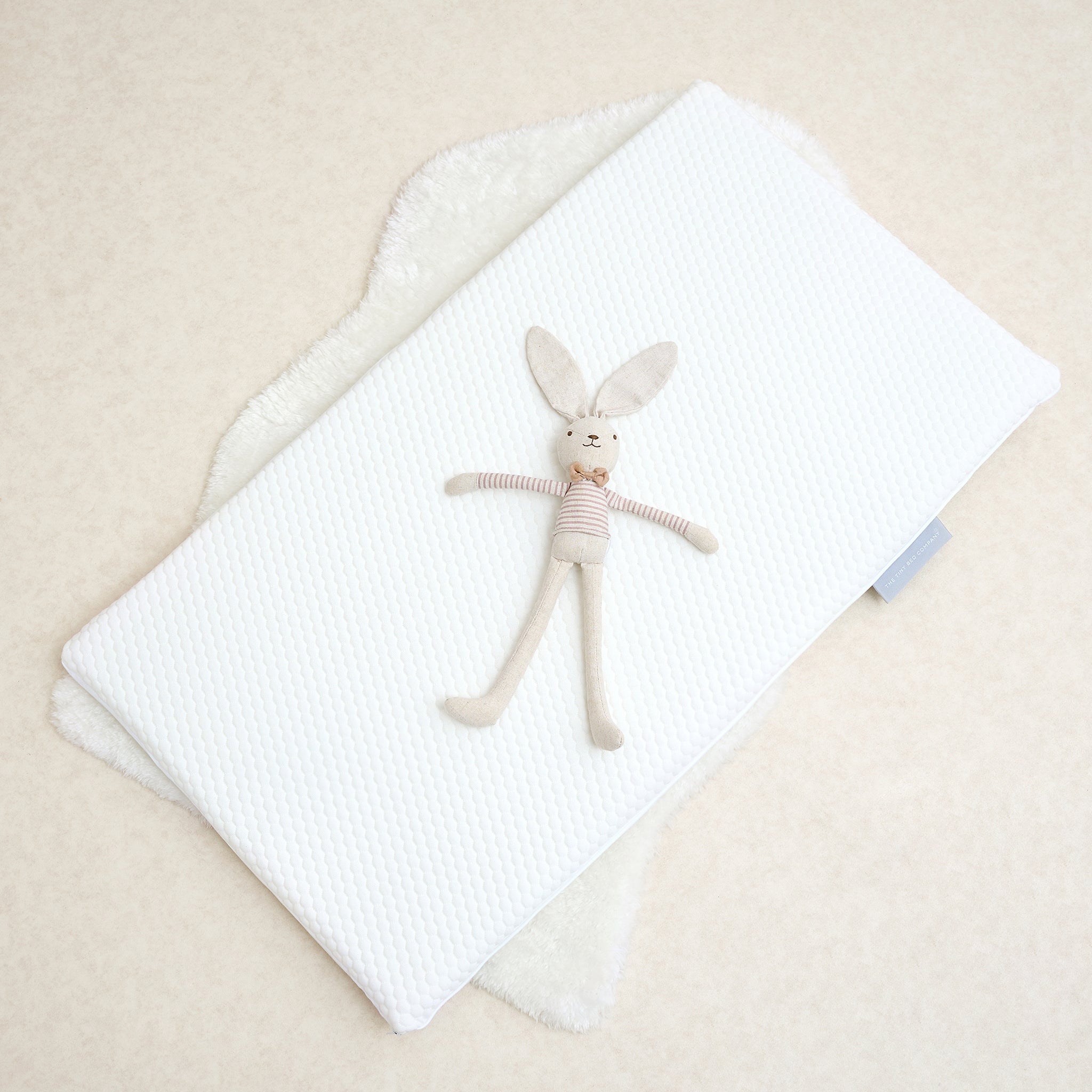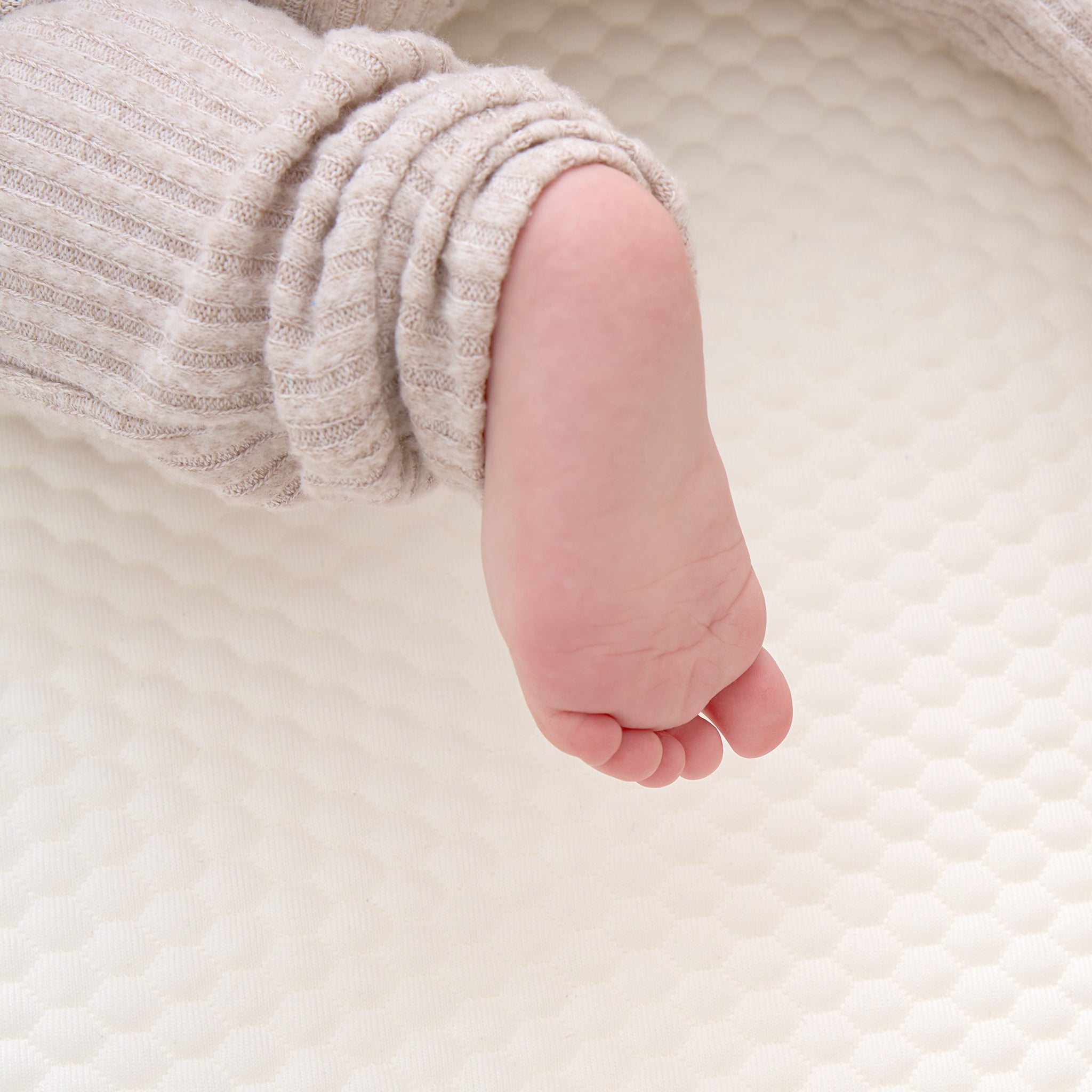Achieving GOTS Certification and Soil Association Approval
In today's increasingly eco-conscious market, obtaining certifications like GOTS (Global Organic Textile Standard) and approval from the Soil Association can significantly enhance a product's appeal and credibility. These certifications assure consumers that the products they purchase are genuinely organic, ethically produced, and environmentally friendly, ensuring full traceability across the supply chain, from field to finished product. However, achieving these certifications requires manufacturers to adhere to stringent standards and undertake meticulous processes. This post will explore what our manufacturers need to do to obtain GOTS certification and Soil Association approval.
Understanding GOTS Certification
What is GOTS?
The Global Organic Textile Standard (GOTS) is a leading textile processing standard for organic fibres, encompassing both ecological and social criteria. It ensures that the entire textile supply chain, from harvesting raw materials to environmentally and socially responsible manufacturing, is sustainable and ethical.
Key Requirements for GOTS Certification
- Organic Fibre Content: Products must contain a minimum of 70% certified organic natural fibres. For products labelled as "organic," the minimum requirement is 95%.
- Prohibited Substances: The use of toxic heavy metals, formaldehyde, aromatic solvents, functional nanoparticles, genetically modified organisms (GMOs), and their enzymes is prohibited.
- Environmental Management: Manufacturers must implement an environmental management system (EMS) to manage waste, water consumption, and emissions effectively.
- Social Criteria: GOTS mandates compliance with the International Labour Organization (ILO) criteria, ensuring fair labour practices, including safe working conditions, fair wages, and no child labour.
- Traceability and Labelling: Complete traceability of organic fibres is required. Products must be labelled correctly to indicate their GOTS certification status.
Steps to Obtain GOTS Certification
- Initial Assessment: Conduct a preliminary assessment of your production processes to identify areas needing adjustment to meet GOTS criteria.
- Select a Certification Body: Choose an approved certification body to carry out the inspection and certification. Examples include Control Union, ECOCERT, and ICEA.
- Documentation Preparation: Compile the necessary documentation, including records of raw material sourcing, chemical usage, wastewater treatment processes, and social compliance measures.
- On-Site Inspection: The certification body will conduct a thorough on-site inspection to verify compliance with GOTS standards.
- Corrective Actions: Address any non-compliance issues identified during the inspection. This might involve adjusting processes, training staff, or improving documentation.
- Certification Decision: Once compliance is confirmed, the certification body will issue a GOTS certificate. Regular annual inspections ensure ongoing compliance.
Achieving Soil Association Approval
What is the Soil Association?
The Soil Association is a UK-based charity that certifies organic products and promotes sustainable agriculture and food production. Its standards often exceed EU organic regulations, emphasising animal welfare, environmental protection, and sustainability.
Key Requirements for Soil Association Approval
- Organic Ingredients: Products must use ingredients that are certified organic by recognised bodies. The Soil Association often requires higher percentages of organic content than other certifiers.
- Prohibited Inputs: Synthetic fertilisers, pesticides, and genetically modified organisms (GMOs) are prohibited. Additionally, the use of certain chemicals and additives is restricted.
- Sustainable Practices: Manufacturers must demonstrate sustainable practices in sourcing, production, and packaging, including minimising waste and using environmentally friendly materials.
- Animal Welfare: For products involving animal ingredients, strict animal welfare standards must be met, including free-range conditions and humane treatment.
Steps to Obtain Soil Association Approval
- Understand the Standards: Familiarise yourself with the Soil Association's standards and guidelines, which are detailed and specific to different types of products.
- Source Certified Ingredients: Ensure all ingredients are certified organic by recognised bodies and meet the Soil Association’s criteria.
- Prepare Documentation: Maintain detailed records of ingredient sourcing, production processes, and compliance measures.
- Inspection and Certification: An inspector from the Soil Association will visit your facilities to verify compliance, including reviewing documentation and inspecting the production process.
- Ongoing Compliance: After initial certification, you must undergo regular inspections and demonstrate continued compliance with standards.
The Benefits of Organic Cotton
Environmental Impact
Organic cotton is cultivated without synthetic fertilisers or toxic pesticides. By enhancing soil fertility, organic farming helps sequester CO2, mitigating climate change. It also avoids the use of harmful pesticides that poison wildlife and water systems and are responsible for thousands of human deaths annually.
Worker Well-being
Organic farming spares workers from the health hazards associated with toxic pesticides, which are prevalent in non-organic cotton production. By eliminating pesticide use, production costs and farmer debts are reduced, addressing a significant issue that has led to numerous suicides in the developing world.
GM-Free Assurance
Organic systems prohibit genetically modified organisms (GMOs), in contrast to the estimated 30% of cotton grown worldwide that is genetically modified. GM cotton poses potential risks to wildlife and human health and imposes unnecessary costs on farmers.
For more information, visit the Soil Association website.
Achieving GOTS certification and Soil Association approval is a rigorous but rewarding process. It not only ensures that products are environmentally and socially responsible but also enhances their marketability to conscious consumers. By understanding the requirements and undertaking the necessary steps, manufacturers can align their practices with these high standards, contributing to a more sustainable and ethical textile industry.
Shop Our GOTS Certified Organic Fitted Sheets & Baby Blankets
If you are looking for the highest quality, ethically produced textiles, explore our range of GOTS-certified organic fitted sheets and baby blankets.
Our products are crafted with the utmost care, ensuring that every step of the manufacturing process adheres to the stringent standards set by GOTS and the Soil Association.
Enjoy the peace of mind that comes with knowing your purchase supports sustainable practices and promotes a healthier planet.
